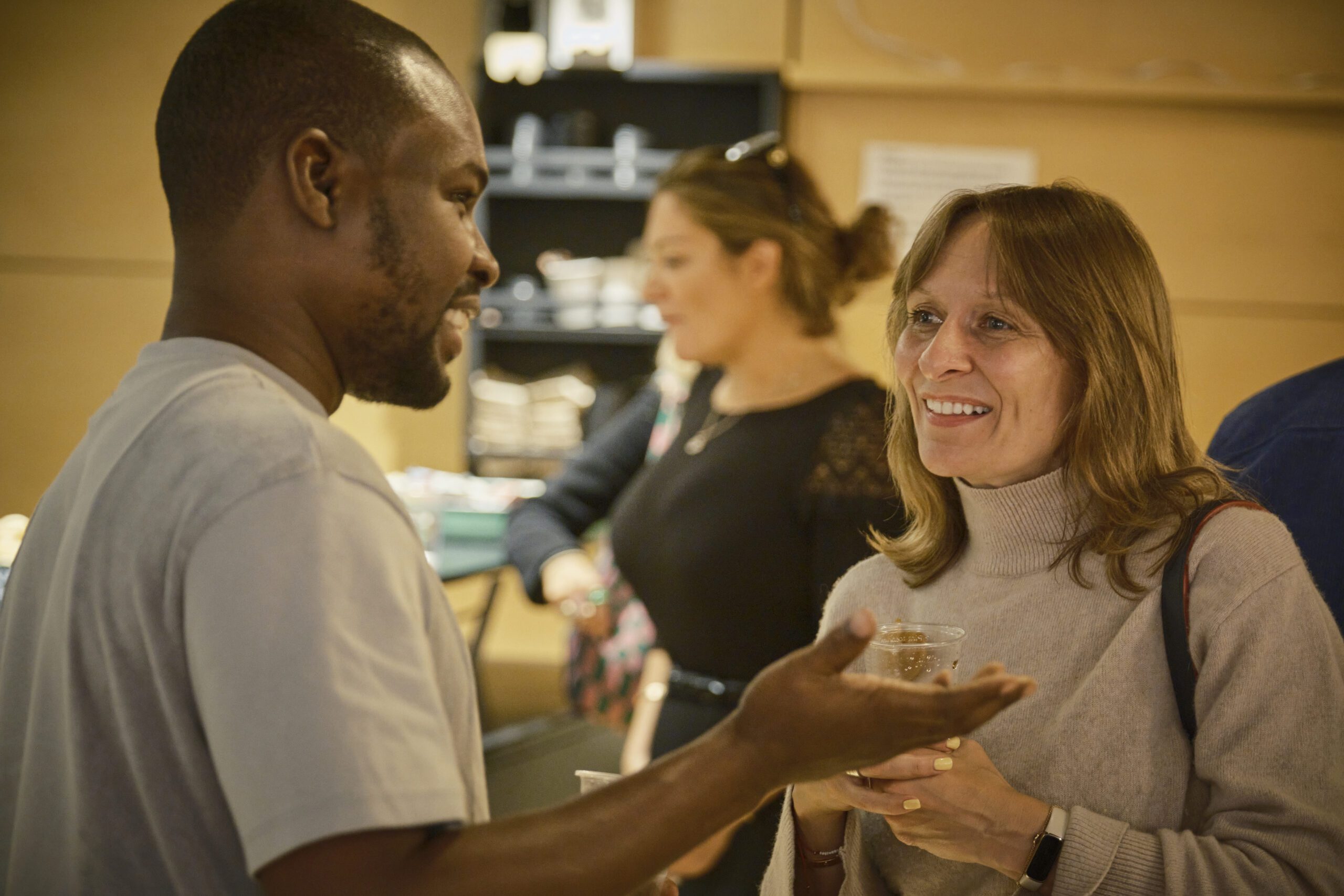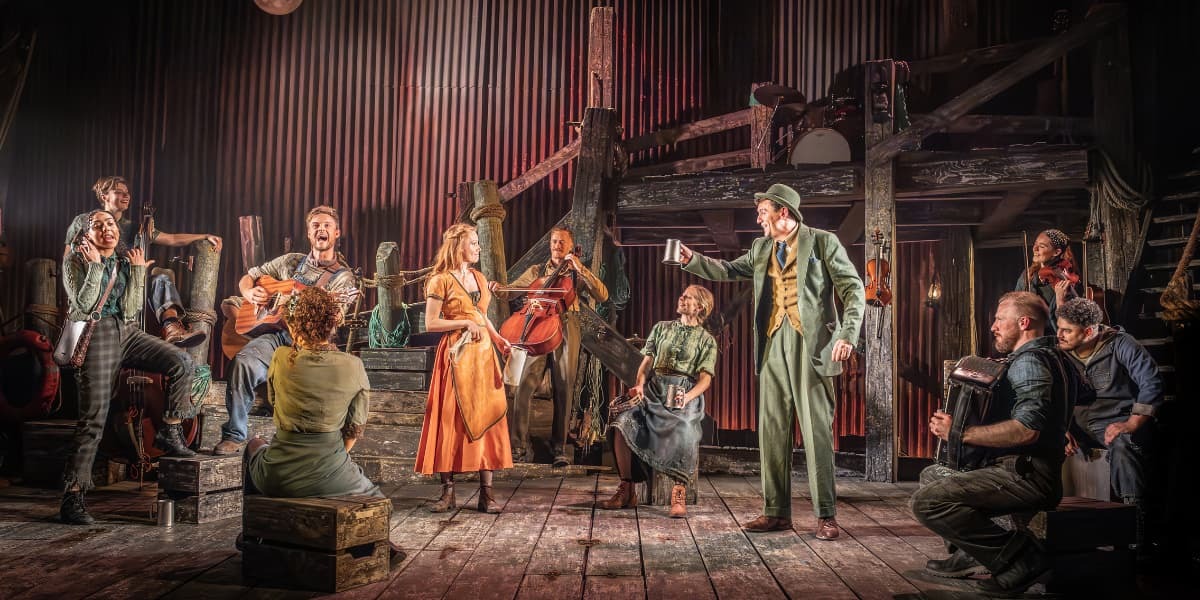Skills needed to become an audiobook reader and 11 top tips to prepare for an audiobook narration job.
I adore working on audiobooks. It offers the opportunity to play a huge range of characters stretching far beyond your usual casting, and allows for plenty of experimentation with your voice. However, in my experience, audiobooks are the most challenging form of acting work. It’s hard to become an audiobook narrator, and not just anyone can do it without the correct preparation and skillset. It requires focus beyond anything I’ve ever experienced, but challenges are what keep us on our toes, and audiobook narration can be a hugely rewarding experience.
1. Read the Book Beforehand
Reading the book you’re going to narrate seems obvious, but it cannot be stressed enough. Even if you’re given a short amount of time to prepare for the recording, it’s important to carve out time to read the book as many times as possible beforehand. If, like me, you’re a naturally slow reader, I would encourage you to learn some speed-reading techniques. There are lots of videos on YouTube and ‘how to’ articles online, and it’s an invaluable skill when preparing for an audiobook job.
2. Practise Breath Control
Practise your diaphragmatic breathing. Books aren’t usually written to be read out loud, meaning there might be some long compound sentences. These are hard to get your head around and extremely difficult to read in one breath. Also, think about tactical snatch breaths in places which don’t break up the flow of the sentence. If you have time, highlight these points throughout the book so they aren’t surprises when you get to them in the studio.
3. Differentiate the Characters
When you’re only using your voice, you’ve got to get creative when changing between characters. If it’s a chapter with heavy dialogue, it can get confusing for the listener if you’re reading all of the characters in exactly the same tone, timbre, pitch or accent. You’ll usually have a lot of freedom to create each character’s voice, but it’s important to keep these in line with the tone of the book – if it’s an intense crime drama, a cartoonish voice probably won’t suit, but if it’s a kids book, you might be completely on the money.
4. Research Unfamiliar Terms
It can only aid you to know what you’re talking about. If there are terms in the book you don’t know how to pronounce, or what they mean, it’ll show when you’re in the studio and time is limited. Whilst doing your prep work, figure these words out and write them down phonetically if need be. Make note of the definitions of certain words too, to ensure you’re making sense of them in the context of the story.
5. Eat Before You Record
Voice over mics can pick up every small noise in a sound booth, and I mean every noise. There was once a session where I’d skipped breakfast, meaning my belly was rumbling profusely, and it was caught through the mic. Cue numerous retakes until an assistant brought in some biscuits for me to chomp on. That said, it’s important to eat the right kind of food. Things like peanut butter, chocolate and dairy will make your voice sound claggy, and it takes a while for that to pass. Try to eat something filling but light, and not too greasy. You want to keep your voice sounding clear.
6. Practise Cold Reading
No matter how much you prepare, or how many times you read the book, there is no way you’ll be able to remember the whole thing. You can practise particularly difficult sections, mark up parts of the book, etc., but you’ll likely be cold reading the majority of it. As you’re reading the book, take it at a steady pace and scan a few words ahead.
7. Visualise the World of the Book
In order to believably inhabit a world, I find it important to visualise every environment portrayed in the book – to see it actually happening around me. You’re creating a world for the listener, and if you can’t personally visualise it in the booth, it’s going to be very hard for the listener to do so. It’s hard to explain how this manifests through your voice, but there is an authenticity which naturally occurs when the reader is really living in the world of the book.
8. Moisturise Your Lips
Keep your lips moist. You’ll likely be saying tens of thousands of words and dry lips are not helpful. Get your chapstick out!
9. Take Breaks
Time constraints often mean you’ll be trying to race through an entire 500-page audiobook with very little time, and the temptation can be to capitalise on every minute by taking as few breaks as possible. However, this is not conducive to a productive session. Studies show that the average length of time the brain can fully focus on one thing is around 50 minutes (it varies from person to person), and it’s important to take frequent breaks to reset. Even if it’s just a three minute stretch and breath of fresh air, it will do you good.
10. Get an Early Night
Audiobooks are mentally exhausting (in a great way), and I always find it important to not make any social plans on the nights between sessions, for the following reasons:
- It’s important to preserve your voice.
- You’ll likely be bad company because your brain is frazzled from a day in another world.
- You need every ounce of energy for the following session.
11. Speak to the Author
If the author is hands-on, see if you can get 10 minutes with them before your session so you can ask any burning questions or get a sense of their ideas for the voice/tone of the book. It will aid your preparation and ensure you aren’t thrown too many curveballs when you get to the session.
Take a look at our News & Advice section for more tips and advice for voice over and voice work.
 Matthew Jacobs Morgan is an actor and filmmaker from London. His credits as an actor include Our Town (Almeida Theatre), Tommy (New Wolsey) and the TV series Cuffs, Wasted, Love Nina, Midsomer Murders and upcoming C4 Drama Pure. He has numerous TV series and films in development including Dylan & Gracie which is under option at Tiger Aspect and Vamping which is being developed on 4Screenwriting. Matthew’s audiobook credits include Stone Rider, Princess in Practice, Letters of Note and Chasing the Stars by Malorie Blackman for Penguin/Random House and 4 books in the Rock Wars series for Hachette. He has voiced almost 100 ad campaigns for brands including Michael Kors for Mario Testino, Lynx, Diesel, and Mercedes Benz, and has starred in 6 audio dramas for Big Finish.
Matthew Jacobs Morgan is an actor and filmmaker from London. His credits as an actor include Our Town (Almeida Theatre), Tommy (New Wolsey) and the TV series Cuffs, Wasted, Love Nina, Midsomer Murders and upcoming C4 Drama Pure. He has numerous TV series and films in development including Dylan & Gracie which is under option at Tiger Aspect and Vamping which is being developed on 4Screenwriting. Matthew’s audiobook credits include Stone Rider, Princess in Practice, Letters of Note and Chasing the Stars by Malorie Blackman for Penguin/Random House and 4 books in the Rock Wars series for Hachette. He has voiced almost 100 ad campaigns for brands including Michael Kors for Mario Testino, Lynx, Diesel, and Mercedes Benz, and has starred in 6 audio dramas for Big Finish.
Headshot credit: Michael Shelford



















